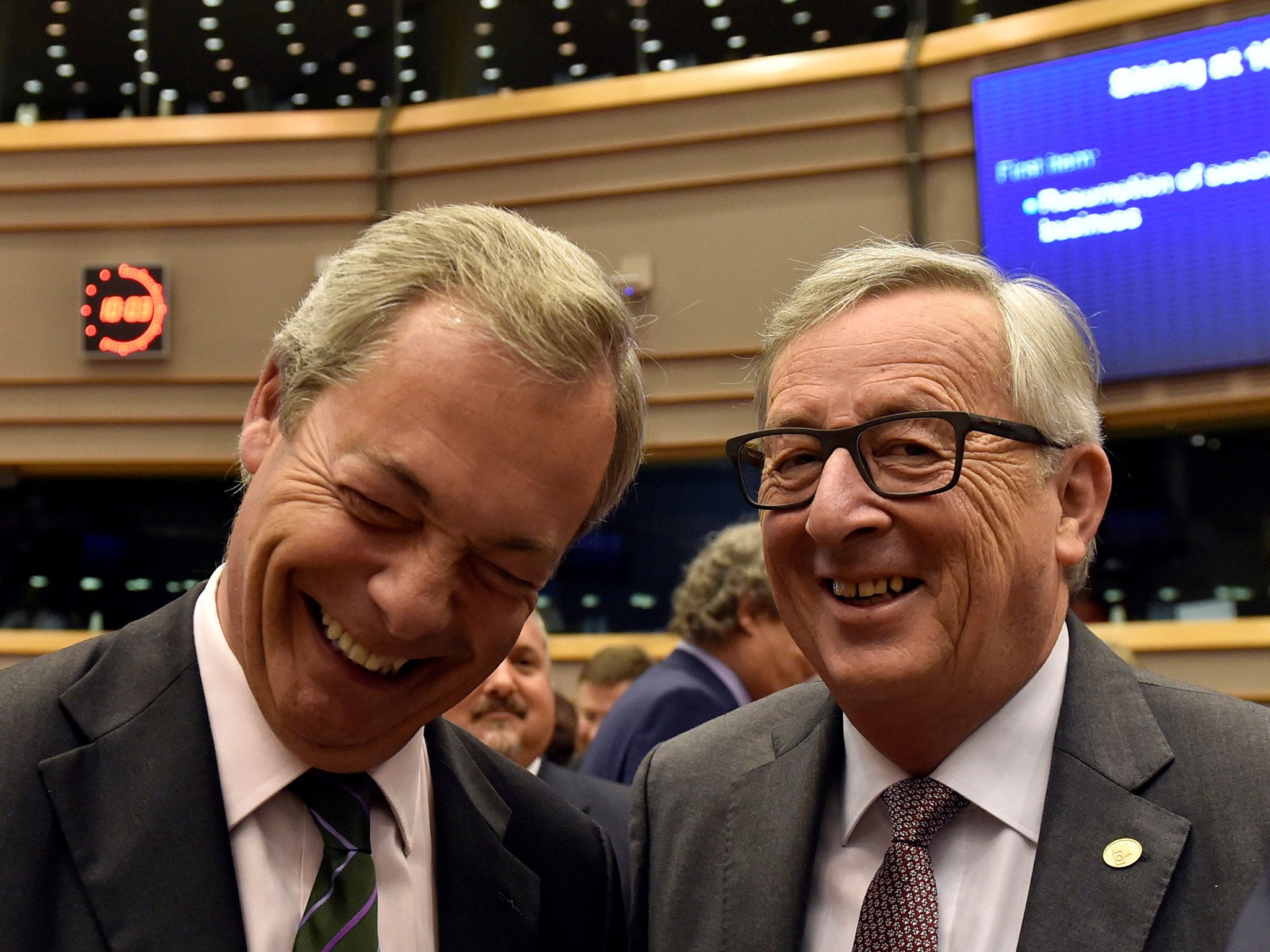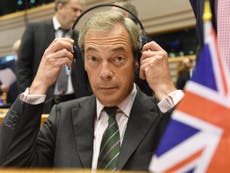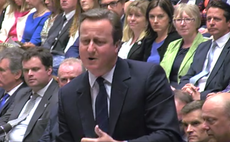Brexit has inspired Europe’s minority parties to shake up the European Union
We spoke to left and right wing parties, both nativist and internationalist. One thing they all have in common is this: they want change in Europe

We spoke to left and right wing parties, both nativist and internationalist. One thing they all have in common is this: they want change in Europe. “After us, other northern European countries will leave, starting with Denmark,“ Nigel Farage told an Italian newspaper recently.
“This is the start of the Copernican revolution the EU needs to fill the democratic gap in its institutions”, said Tom van Grieken, chair of the Belgian populist party, Vlaams Belang, after the Dutch “no” in the Ukraine referendum.
Change is upon us, with new and old anti-establishment parties growing in influence across the European Union. Some of them now believe that a break up of the EU is already well underway. In a report published today, members and leaders of 45 parties who are influencing and shaping foreign policy across Europe are asked about the future of Europe. Of that 45, more than half (25) think Brexit could trigger the disintegration of the EU.
The parties we spoke to are both left and right wing, some nativist and some internationalist, some in opposition, some in coalition or single party governments. Others have not yet made political gains but have an influence on the media and political debate in their country.
One thing they all have in common is this: they want change in Europe. However, apart from the straightforward Brexit support from far-right parties such as Front National and the Dutch PVV, the vision of most of the other parties is more nuanced, and more telling about the direction in which Europe is going.
Nigel Farage is right when he says that some parties are interested in copying the referendum. Of the parties covered in our research, eight have a referendum on the membership of their country as an immediate goal – in Belgium, the Czech Republic, Denmark, France, Germany, Italy and Sweden.
There are more parties where an exit is under discussion, but they are aware that the current political climate doesn’t always align perfectly with the will of the party. The Finns Party in Finland would like a renegotiation and referendum but is aware that a clear majority of Finns are not interested in this. Dealing with the opposite problem, a representative Czech party KSČM, told us that the party is aware that 90 per cent of its supporters and voters would like to withdraw from the EU – but that they are trying to explain to them that this would not be a solution.
This idea is common to many of the challenger and insurgent parties: the British referendum is an inspiration not for its possible final outcome, but in its function as a tool for direct democracy.
Fidesz in Hungary is calling for a referendum on relocation quotas, an idea that is also coveted by parties in Belgium, Estonia, Germany, and Poland. Other issues that challenger parties would like to put to a popular vote included treaty changes, trade agreements, EU enlargement (especially concerning Turkey), NATO membership, and Eurozone obligations.
David Cameron’s manoeuvring in Brussels ahead of the referendum has also shown member states that it is possible to question the status quo without facing immediate difficult consequences. The French Communist Party, Hungary’s Jobbik and the Sweden Democrats want their country to start a similar kind of renegotiation, followed by a referendum.
However Cameron’s renegotiations have not attracted universal praise: Podemos in Spain called on the Spanish Prime Minister to veto the EU-UK renegotiation deal. “Cave in today to Cameron, cave in to his blackmail. We’ll see what we do next year when the blackmail comes from Marine Le Pen,” a Podemos representative told Bloomberg.
In Croatia, Vlaho Orepić, a minister from the recently formed MOST party is even more optimistic. “It seems that the individual member states need these crises to unite, to overcome partial interests, and to accept a common European solution. Let us learn from these adversities and let us rediscover our faith in the European Union,” he stated recently.
So what will Brexit really mean for Europe. Our interviews show that – bar some exceptions – even the most anti-establishment of the EU’s political parties are not ready for a disintegration of the EU. Of the parties mentioned above that do expect an eventual disintegration, many see this as a negative development.
A more likely effect for these parties is an attempt to change the way the EU works, by attempting to use more direct democracy. Still, the EU will not come out of Brexit unscathed. The brutal referendum debate in the UK should act as a warning message to governments around the EU of the growing power of challenger parties, and that the first step to meeting this challenge is to understand what it is that they really think.
Dina Pardijs is Programme Coordinator at the European Council on Foreign Relations and author of 'The world according to Europe’s insurgent parties: Putin, migration and people power'



Join our commenting forum
Join thought-provoking conversations, follow other Independent readers and see their replies